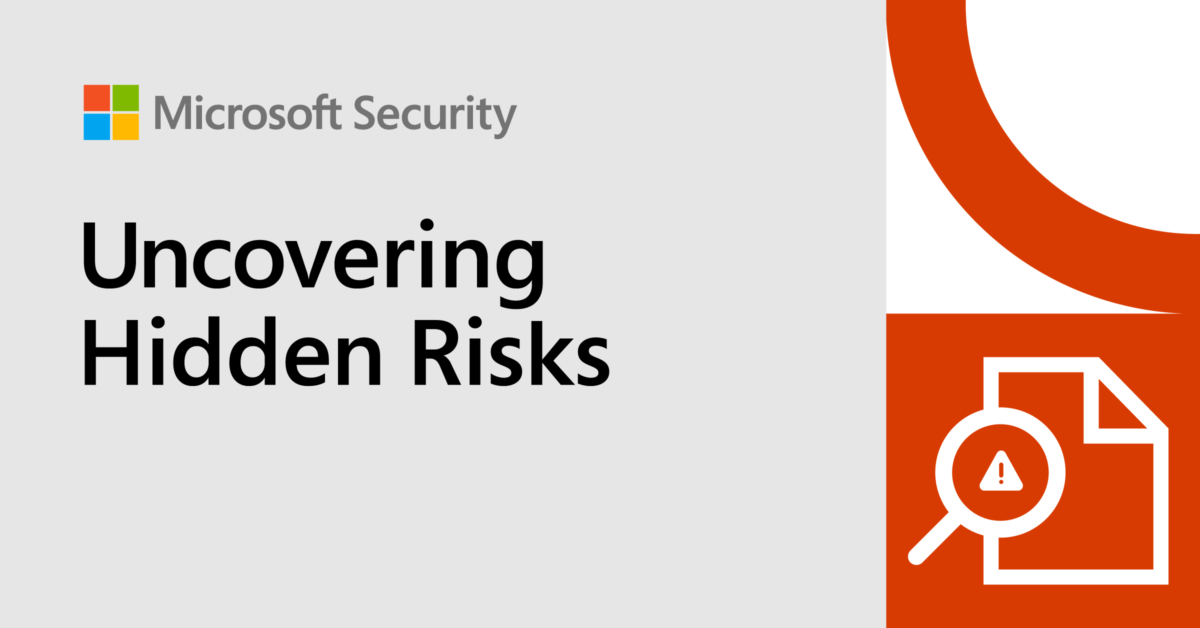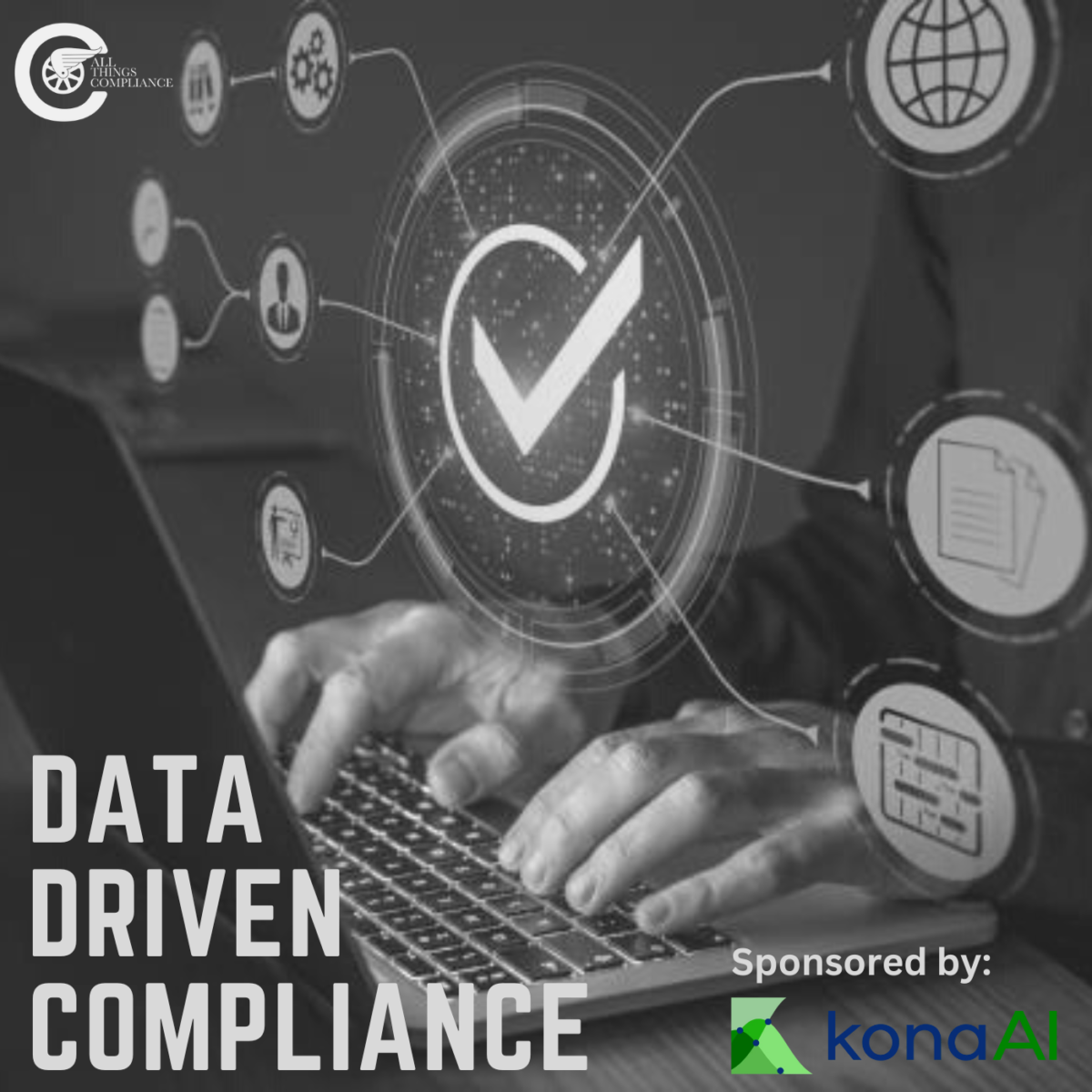I recently had the opportunity to visit with Vince Walden, founder and CEO of KonaAI, for a podcast series on the uses of data driven compliance. KonaAI is the sponsor of those podcasts. This blog post series will flesh out the podcast show notes over the next five blog posts, and we will discuss generative AI and ChatGPT in compliance, the profiles of a corrupt payment, making the business case for data-driven compliance, what to ask for and how to ask for it and some success stories. In Part 4, we will explore what data to ask for and how to ask for it.
As always, I am joined by Vince Walden, founder and CEO of KonaAI. There is a quiet revolution happening in the realm of compliance. It’s one that, if harnessed correctly, can turn a typically reactive process into a proactive strategy. I am, of course, talking about data-driven compliance. By using the vast amounts of data your organization collects, you can uncover potential compliance risks before they become actual problems. This approach can be a game-changer for your role as a compliance officer and your organization’s overall risk management strategy. No longer will you be caught off guard. Instead, you’ll lead the charge with real-time insights and actionable data.
Imagine a world where compliance isn’t a headache but a strategic advantage. You’re not constantly putting out fires but predicting and preventing them. It might sound like a dream, but it doesn’t have to be. How so? Well, by adopting a data-driven approach to compliance. This innovative method allows you to identify, assess, and manage potential compliance risks based on actual data. It’s about staying one step ahead, making informed decisions, and truly adding value to your organization. It’s not just about avoiding penalties and meeting regulations anymore. It’s about creating an environment of continuous improvement and proactive risk management.
Let’s paint a picture. You’re in a game of chess. But in this game, you’re not just reacting to your opponent’s moves. You’re anticipating them, strategizing, and making proactive decisions. That’s the power a data-driven approach to compliance can bring to your role as a compliance officer. It’s more than just crunching numbers and keeping up with regulations. It’s about leveraging the power of data to identify and mitigate risks before they materialize. It’s about transforming compliance from a cost center into a strategic asset. So, if you’re curious about how to make this data-driven shift, buckle up because we’re about to dive deep into this transformative realm.
Compliance monitoring and risk assessment are crucial components of any effective compliance program. In a recent episode of the podcast “Data Driven Compliance,” hosted by Tom Fox and featuring Vince Walden, the topic of continuous compliance monitoring and risk assessment process was explored in depth. This article aims to comprehensively analyze the critical factors that impact this process, discuss the tradeoffs involved in balancing different factors, and explore the challenges associated with other approaches.
Vince highlighted the importance of starting with a fraud risk assessment. This initial step allows organizations to identify high-frequency and high-impact risks and implement mitigating controls. Compliance professionals can prioritize their efforts and focus on the most critical areas by assessing the likelihood and impact of various risks on a scale of one to ten.
Data sources play a crucial role in risk assessment. Financial accounting systems and third-party data are valuable sources of information for identifying and mitigating risks. Tracking and categorizing expenses in accounting systems is significant for identifying anomalies and assigning risk scores. Vince highlighted the significance of having a centralized system, such as the Kona platform, to streamline this process.
However, relying solely on analytics without integrating them into the fraud risk assessment would be best. He emphasized the need for alignment between data analysis and risk assessment to ensure efforts are focused on addressing the identified risks. Simply conducting data analytics without considering the underlying risks may not yield meaningful results.
One of the challenges in continuous compliance monitoring and risk assessment is the availability and accessibility of data. Some data sources may need help, requiring compliance professionals to prioritize based on the ease of data acquisition and its value. For example, if faced with choosing to conduct a data analytics project in Brazil or China, Walden suggested starting with Brazil due to the relative ease of obtaining data from that region.
Another challenge lies in the scope of compliance monitoring. Walden emphasized that compliance monitoring is not a one-time, all-encompassing effort. It is a journey that involves proactively assessing risks and monitoring them from location to location. Compliance professionals should focus on demonstrating continuous improvement rather than tackling all threats at once. This approach aligns with regulators’ expectations of an effective due diligence program.
In addition to the primary focus on risk assessment, Walden highlighted the importance of considering ancillary areas of inquiry. For instance, looking at places such as charitable donations or marketing spending can provide valuable insights into potential risks of bribery or corruption. The KonaAI tool can help correlate these ancillary data points and provide a more comprehensive view of compliance risks.
In conclusion, continuous compliance monitoring and risk assessment require a thoughtful and balanced approach. Organizations can identify and prioritize risks, starting with a comprehensive fraud risk assessment. Data sources, such as financial accounting systems and third-party data, play a crucial role in this process. However, aligning data analytics with the identified risks is essential to ensure meaningful results. Compliance professionals should also consider the data availability challenges and scope of compliance monitoring. Organizations can meet regulatory expectations and enhance their compliance programs by demonstrating continuous improvement and considering ancillary areas of inquiry.
Resources:
Connect with Vince Walden on LinkedIn
Check out KonaAI
Connect with Tom Fox on LinkedIn







